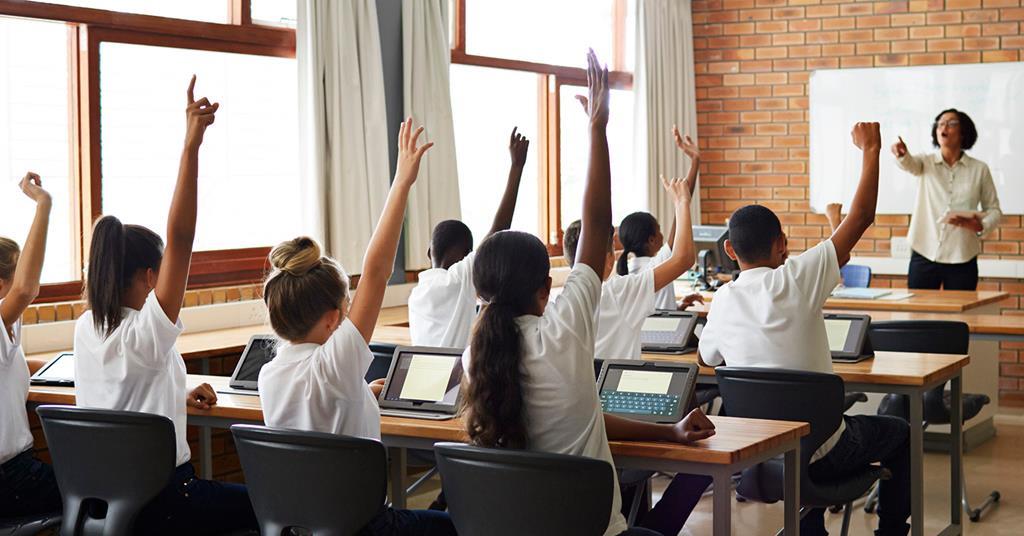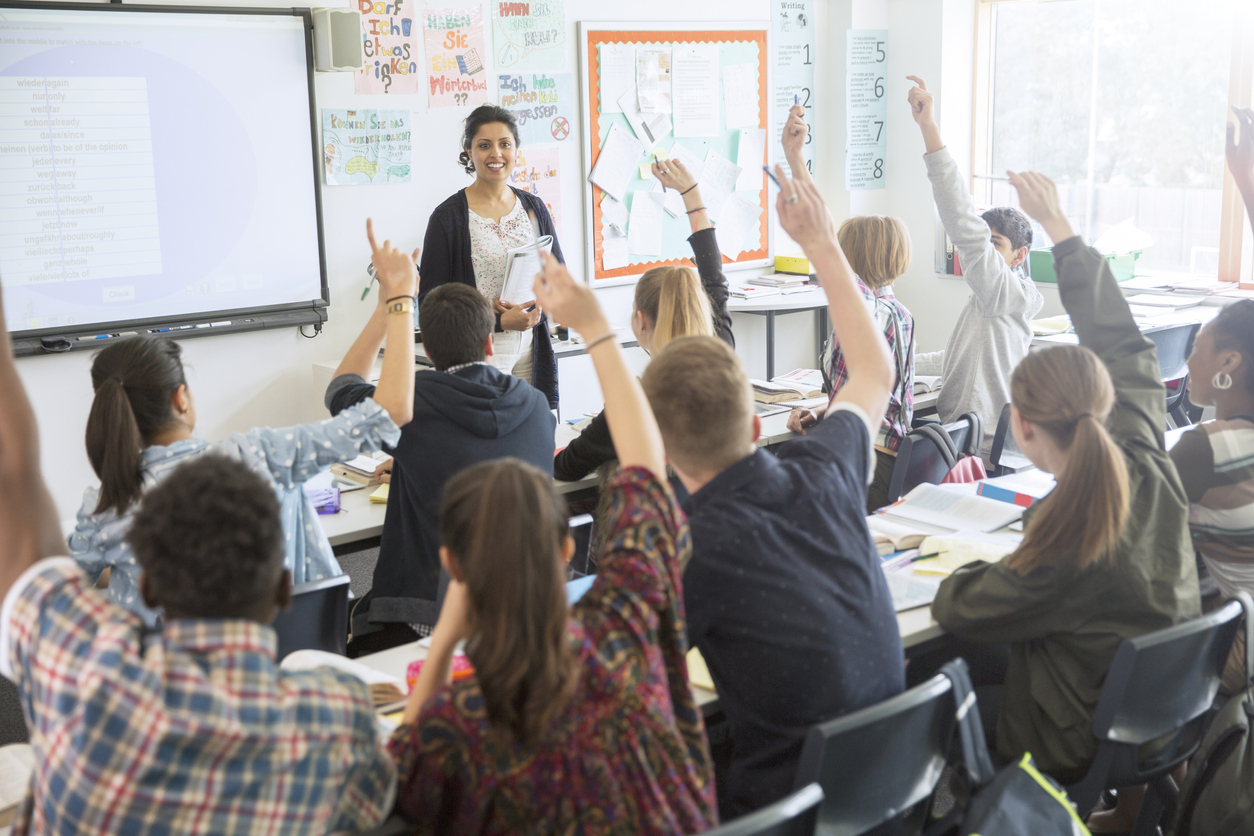Find the Best Primary Science Tuition Singapore for Enhanced Learning
Find the Best Primary Science Tuition Singapore for Enhanced Learning
Blog Article
Discovering the Various Mentor Strategies in Key Scientific Research Education And Learning Today
Inquiry-based understanding, hands-on experiments, and the integration of modern technology are redefining exactly how instructors involve young minds. Furthermore, collaborative methods and differentiated guideline are being used to cater to the varied needs of trainees, boosting both engagement and understanding.
Inquiry-Based Understanding
Inquiry-Based Learning (IBL) is an instructional strategy that motivates trainees to explore scientific principles through wondering about, examination, and hands-on testing. This technique highlights the role of trainees as active participants in their learning, promoting vital reasoning and analytical abilities. By engaging with real-world concerns, trainees come to be curious and determined, which boosts their understanding of scientific principles.
In IBL, teachers work as facilitators, leading trainees as they navigate their questions as opposed to supplying information directly. This student-centered technique permits differentiation, fitting numerous learning paces and designs. Trainees develop abilities in developing hypotheses, creating experiments, and analyzing data, which are critical for clinical proficiency.
Furthermore, IBL cultivates cooperation among students, urging them to share ideas and searchings for. This cumulative questions promotes social abilities and a sense of area within the class. The procedure of query encourages resilience, as students learn to embrace failure as a stepping stone toward understanding.
Hands-On Experiments
Hands-on experiments are a vital part of efficient science education, enhancing the concepts of inquiry-based discovering. These experiments enable trainees to engage directly with clinical ideas, fostering a much deeper understanding with experiential learning. By manipulating products and observing results, young learners can understand abstract theories in substantial means.
Such tasks promote important reasoning and analytic skills, as trainees hypothesize end results, conduct experiments, and evaluate outcomes. This process urges them to ask questions, improve their understanding, and create a clinical way of thinking. In addition, hands-on experiments can be tailored to diverse understanding styles, making sure that all students have the opportunity to involve meaningfully with the web content.
Additionally, hands-on experiments typically urge partnership among peers, advertising teamwork and communication abilities. Working in teams allows trainees to share ideas, talk about searchings for, and pick up from one another, which improves their total educational experience.
Integrating hands-on experiments right into the primary science curriculum not only improves the finding out environment however likewise cultivates a long-lasting interest in science. By proactively participating in their education and learning, students are more probable to create an interest for clinical query that expands beyond the class.

Technology Assimilation
Incorporating innovation right into key scientific research education and learning has ended up being progressively crucial in cultivating pupil involvement and boosting discovering results. Using digital tools, such as interactive simulations, virtual labs, and educational software, offers students with chances to check out clinical principles in innovative ways. These sources help with a deeper understanding of intricate subjects by enabling learners to imagine and adjust variables that would be impractical in a typical classroom setup.
In addition, modern technology assimilation urges personalized finding out experiences. Students can progress at their own speed, reviewing tough concepts via multimedia resources, which accommodate different understanding styles. This flexibility not only supports specific development yet likewise cultivates a feeling of freedom in students.
In addition, technology acts as a bridge to real-world scientific research, linking students with current research and specialist payments. Access to scientific journals and on-line databases expands pupils' point of views on clinical inquiry and Website promotes vital thinking abilities.
Collaborative Knowing
Collaborative learning plays an essential role in key scientific research education and learning by fostering teamwork and interaction abilities amongst pupils. This approach urges learners to collaborate, share understanding, and take part in problem-solving, which enhances their understanding of scientific ideas. By taking part in team activities, pupils find out to articulate their ideas, listen to varied perspectives, and bargain services, every one of which are crucial skills in both real-world and academic contexts.

Study shows that joint discovering can lead to raised motivation and involvement in scientific research topics, as trainees discover enjoyment in common experiences (primary science tuition Singapore). In addition, this strategy prepares trainees for future joint ventures, outfitting them with the skills required for effective team effort in higher education and professional environments. Inevitably, embracing collective discovering in main science education and learning can dramatically improve the knowing experience and promote a much deeper understanding of scientific questions
Differentiated Guideline

Separated direction can materialize in numerous means, such as varying the content, processes, i was reading this or products of discovering. Teachers may use tiered projects that supply differing degrees of intricacy, allowing students to function at their respective preparedness levels. Additionally, versatile organizing techniques can help with partnership amongst trainees with different abilities, promoting peer knowing.
Evaluation plays a critical duty in this method, as it educates instruction and aids teachers understand each student's special demands. Developmental assessments, such as observations and tests, can direct instructors in you can try this out readjusting their techniques to enhance finding out end results. primary science tuition Singapore. Inevitably, by implementing differentiated instruction in key science education, teachers can grow a more equitable and effective understanding setting, empowering all trainees to reach their full potential in recognizing clinical sensations
Verdict
In recap, the varied mentor techniques in main science education, consisting of inquiry-based discovering, hands-on experiments, innovation assimilation, joint discovering, and distinguished instruction, jointly contribute to a more reliable learning setting. These techniques advertise vital thinking, analytic abilities, and a deeper understanding of clinical concepts. By implementing these approaches, instructors can produce appealing and supportive classrooms that deal with the varied needs of trainees, ultimately promoting a long-lasting passion in scientific research and boosting scholastic accomplishment.
Inquiry-Based Learning (IBL) is an instructional technique that encourages students to discover scientific ideas via questioning, examination, and hands-on testing.Joint understanding plays an essential function in primary science education and learning by cultivating synergy and communication abilities amongst students.Study shows that joint knowing can lead to boosted inspiration and interaction in science topics, as students find enjoyment in shared experiences.In promoting a comprehensive knowing atmosphere, separated guideline emerges as a crucial strategy to suit the diverse demands and abilities of pupils in key science education and learning. Ultimately, by carrying out distinguished instruction in main scientific research education and learning, teachers can cultivate a more effective and equitable learning environment, encouraging all trainees to reach their complete capacity in comprehending clinical sensations.
Report this page